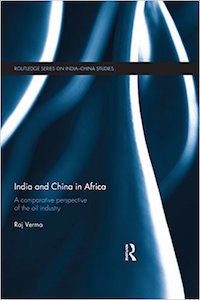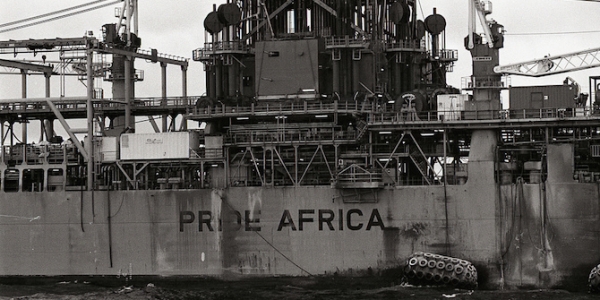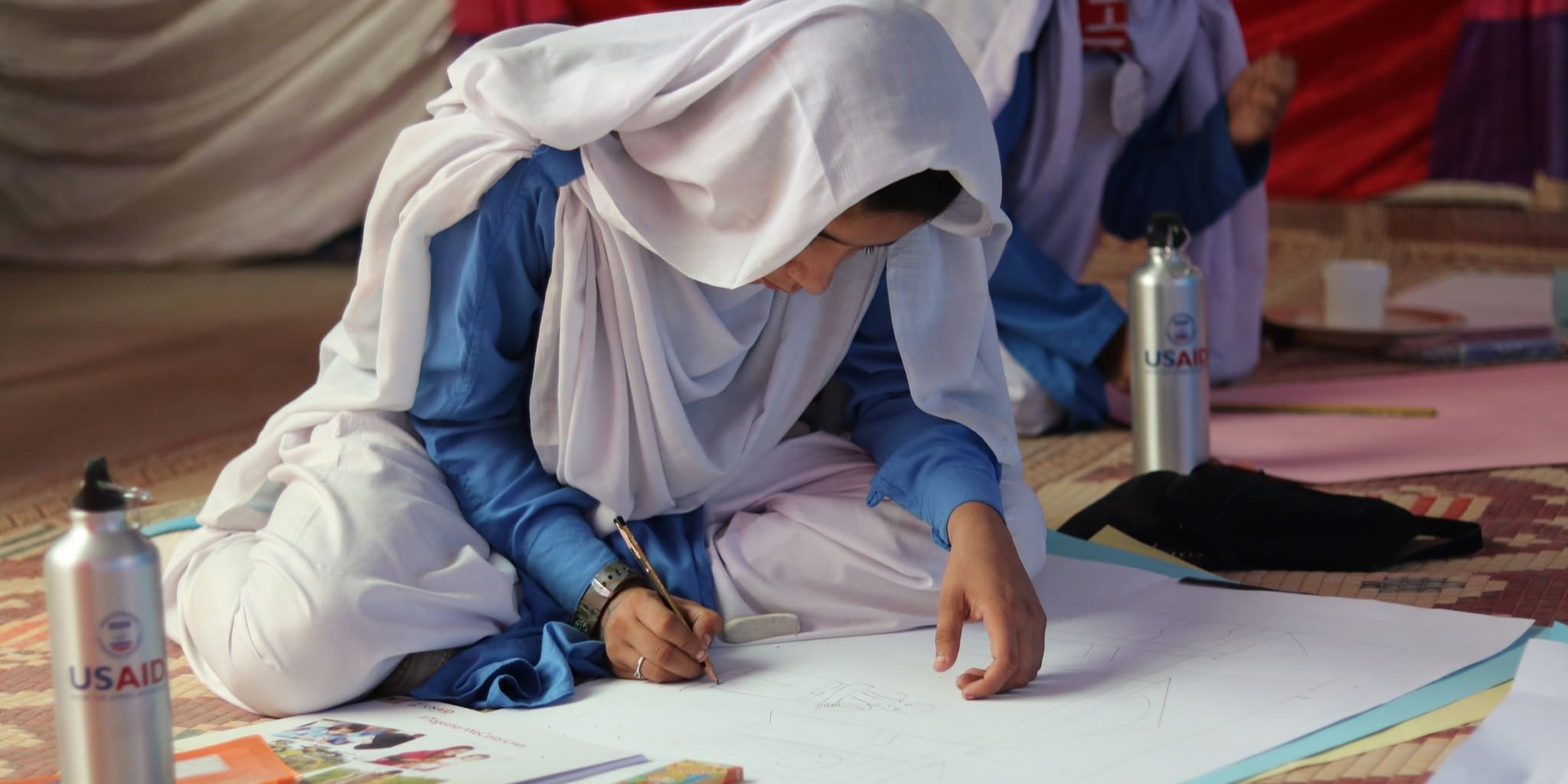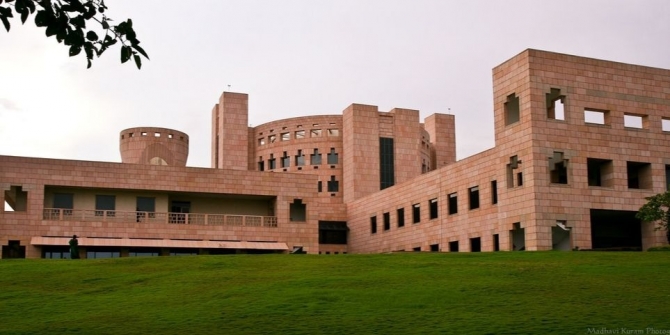In India and China in Africa Raj Verma compares and contrasts Indian and African approaches to accessing African oil. Ian Taylor finds the book draws on interesting empirical material to provide a valuable addition to the literature. However, he is not persuaded by the analytical framework that is used.
Click here to read the author’s response to this review.
India and China in Africa: A comparative perspective of the oil industry. Raj Verma. London: Routledge. 2017.
 In recent years as their economies have grown exponentially, both China and India have consumed increasing amounts of energy, particularly oil. Historically, the Middle East was a key source, but due to the ever-increasing conflicts and general instability in that region, alternative sources were explored and developed. The African continent, one of the few areas where new discoveries of energy have been noted, has become a region of intense interest for both countries’ and their oil corporations. To date, most studies have focused on the Chinese experience in Africa, whilst India’s links have been relatively understudied. Certainly with regards to comparative studies, the field has been lacking. This book by Verma helps fill this gap and points to future research directions.
In recent years as their economies have grown exponentially, both China and India have consumed increasing amounts of energy, particularly oil. Historically, the Middle East was a key source, but due to the ever-increasing conflicts and general instability in that region, alternative sources were explored and developed. The African continent, one of the few areas where new discoveries of energy have been noted, has become a region of intense interest for both countries’ and their oil corporations. To date, most studies have focused on the Chinese experience in Africa, whilst India’s links have been relatively understudied. Certainly with regards to comparative studies, the field has been lacking. This book by Verma helps fill this gap and points to future research directions.
The book focuses primarily on West Africa, with material covering Angola and Nigeria (which dominates the book), as well as evidence from Gabon, Ghana, Chad, Equatorial Guinea, Cameroon, Mauritania, Niger and Liberia. The author examines the differences in the political economy of India and China and asserts that the Chinese posses greater economic and military power compared to India. Verma believes that India falls behind China in almost all indicators and that as a result India is a decade behind China in its African quest. This is quite typical of a trend in Indian academia, which frequently compares (if not obsesses about) India’s perceived weaknesses vis-à-vis China. The author clearly sees the relative differences between the Indian and Chinese experiences in African oil as a mirror image of the wider imbalances between the two countries at the global level.

Verma distinguishes a number of key differences between China and India regarding their approaches to accessing African oil. Notably, Chinese oil companies are State-Owned-Enterprises (SOEs); Indian oil corporations may be SOEs or private concerns. Chinese activities are more intense, with the number of African countries where Chinese companies operate in the oil sector nearly four times greater. A key reason why this is the case is that Chinese national oil companies are invariably able to outbid Indian companies, particularly if competition for access is involved. Cheaper capital from Chinese state-owned banks is the decisive factor in this, with Chinese oil companies having better market capitalisation as well as stronger financial assets as compared to Indian companies.
However, Verma also argues that Indian companies and Indian politicians (when state-owned enterprises are involved) are much more risk averse than those from China. Political instability in particular seems to scare off some Indian investment whilst this does not matter so much in Chinese calculations. A good example of this was in 2006 when a Chinese oil company took over a stake in a Nigerian oil field after the Indian government blocked a deal signed by the Indian state-owned oil company on the grounds that it was not commercially feasible. In addition, Delhi deemed the oil field too risky as it was mired in controversy linked to its ownership by well-connected former government officials. The final key difference that Verma notes is that due to their greater experience and more attractive operating methods, multinational oil corporations and also African oil companies prefer the Chinese as partners to their Indian rivals.
The approach of the book is very Realist and state-centric and certain assertions that are made do not seem to hold much water. For example, Verma protests about China’s Permanent Membership of the United Nations Security Council, a status that India does not have. Fair enough. But he then suggests this status gives Chinese companies an unfair advantage. This however has no evidence at all and I very much doubt that China’s status at the UN informs any contracts entered into with Chinese corporations. It is true that the Chinese state has, at times, supported the corporate aspirations of Chinese companies, but that is very different from what Verma is arguing.
The author forcefully argues throughout the book that the Indian government needs to step up and support Indian companies. This is perhaps also a fair point, but I doubt that anything radical will change, given the extremely poor level of Indian diplomatic cover in Africa and the levels of expertise and interest in the continent. Equally, the intense competition between Chinese companies and different actors is brushed over. Verma’s approach seems to suggest some grand master plan by the Chinese to coordinate efforts in accessing African oil, but the situation is far more complex than this. In fact, Chinese companies regularly compete against each other and in any case, much of the oil extracted by these companies is sold on the global market. The empirical material in the book is of great interest; the framework utilised by the author less so, with its state-centric approach to geopolitics. It is however, a valuable addition to the literature and definitely worth reading.
This article gives the views of the author, and not the position of the South Asia @ LSE blog, nor of the London School of Economics. Please read our comments policy before posting.
About the Author
Ian Taylor is Professor in International Relations and African Political Economy at the University of St Andrews and also Chair Professor in the School of International Studies, Renmin University of China.







